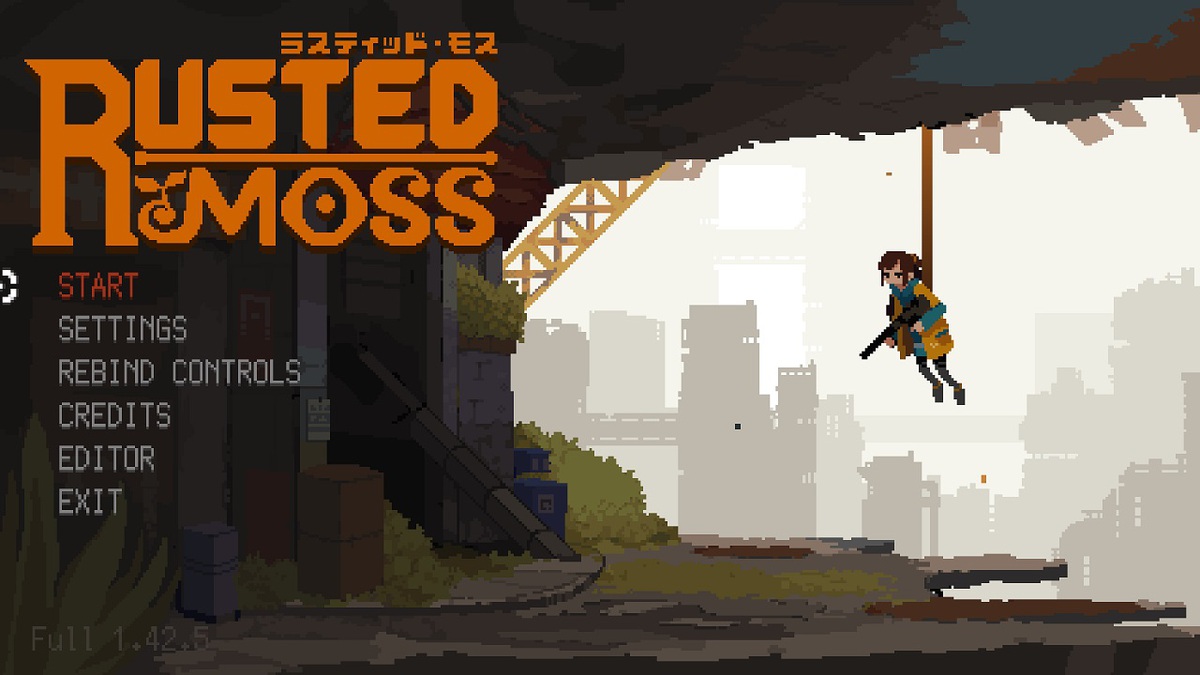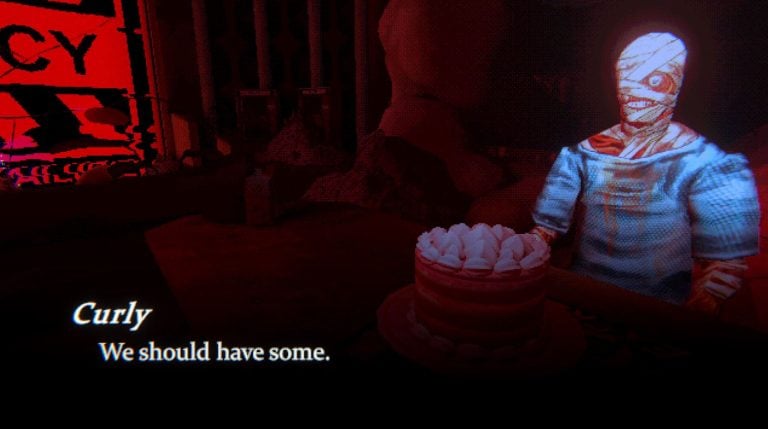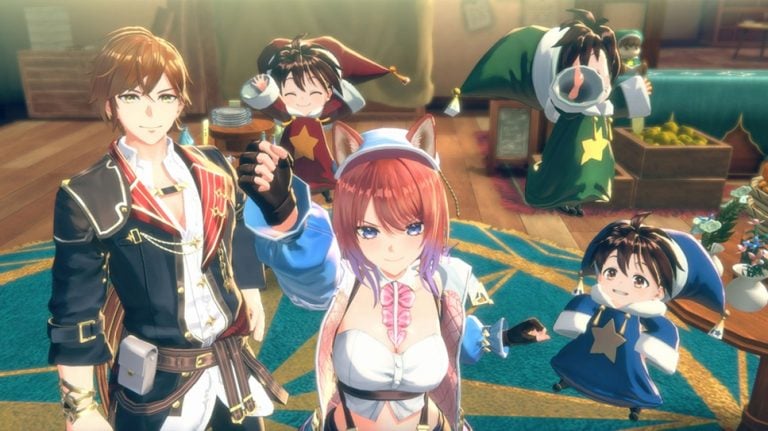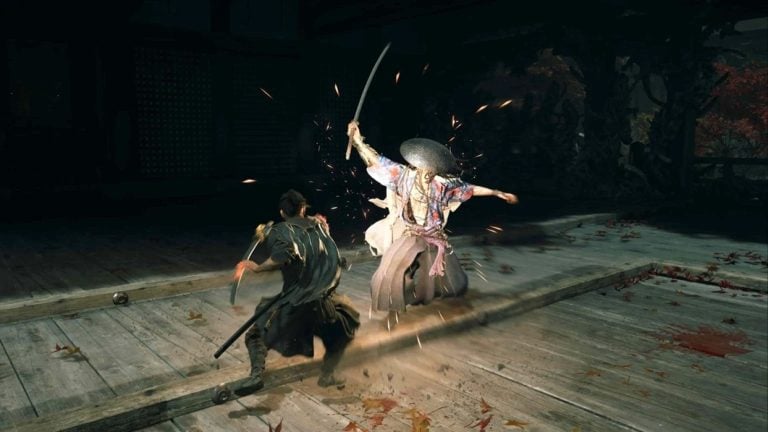Game publisher PLAYISM released the twin-stick shooter metroidvania Rusted Moss for PC (Steam) in April this year. The game has a “Very Positive” status in user reviews, with 85% out of 313 reviews being positive at the time of this writing. The reviews praise the game for its exhilarating 2D action experience, where the players must utilize its staple feature, a grappling hook. It also boasts beautifully melancholic pixel-art graphics, which are also well-received by users.
However, despite the numerous positive reviews pouring in, the creators of this game can’t help but be concerned by the negative reviews and criticism they receive on Steam.
Why do they end up preoccupied with the negative reviews? And how do they deal with such reviews? In this article, we present the interview we held on these topics with the three Rusted Moss developers.
*Disclosure: The publisher PLAYISM is part of Active Gaming Media, which is also the owner of this website.
──Would you please start by introducing yourselves?
Megan (sunnydaze):
I’m sunnydaze or Megan and I did the music and sounds for Rusted Moss, as well as some of the story.
Heather (happysquared):
I’m Heather, also known as happysquared. I’m Megan’s sister.On Rusted Moss I worked on the narrative, as well as some of the game design, and I also did a few of the art assets as well.
faxdoc:
I’m faxdoc, I worked on the programming, art, design, and some of the level design.
happysquared:
faxdoc is the only one that works on the game full-time, so she does basically 99% of the art and basically all of the programming. She’s really amazing. She also hates hearing compliments, which is why I wanted to say this.
Why do they end up preoccupied with negative reviews?
──First of all, congratulations to all of you for the release of Rusted Moss. How do you feel at the moment?
happysquared:
I feel better than I did before the launch, but maybe that’s because I got more sleep. There was a lot of work being put into the game right before it came out, so I think that when it was finally released, there was just an immense emotional crash right at the end. I remember just kind of staring at the wall for a bit, just as a way to come to terms with the fact that the game is actually out. But overall, I think the feeling has been very positive, because this is the biggest game that any of us have worked on. We worked on it for a whole year so it feels very exciting.
sunnydaze:
We were preparing for more controversy as well. We thought that a lot more people would hate it because of the grappling hook. We thought “Oh, everyone’s going to hate this,” but actually there were people who liked it too.
──We’ve had a look at the Steam reviews and overall, they’re really positive at the moment. But we’ve heard that you’ve been quite concerned about the negative reviews, even though they make the minority out of all the reviews. Could you tell us a little bit about why that is? Also, do all three of you share the concern about the negative reviews?
happysquared:
sunnydaze and faxdoc say that they’re not concerned, but then every time the percentage on Steam drops, they immediately tell me “Oh, my God, the positive review percentage dropped again!”
sunnydaze:
I think the main concern is that once the percentage drops below 80, we become just “Positive” or “Mostly Positive,” and even though that’s technically still positive, I think it can affect the people who are considering buying it. So, for me it’s concerning from a sales perspective. Well, what do you think, faxdoc?
faxdoc:
Oh yeah, I’m the same. I haven’t figured out if it does actually change the priority algorithm-wise, but I do feel like people are going to be less likely to buy the game if they see that it’s just “Mostly Positive.”
happysquared:
At the same time, it often happens that while we’re in a Discord call someone, either faxdoc or my sister, suddenly says, “Oh my God, did you see that the percentage has changed?” And they say that the exact second it changes, which means that they have been refreshing the page the whole time, and I know that because I’ve been doing it too! This is the only reason why I know that the percentage has just changed. Except, I try not to tell them because I think it would be better for us to try not to worry about it.
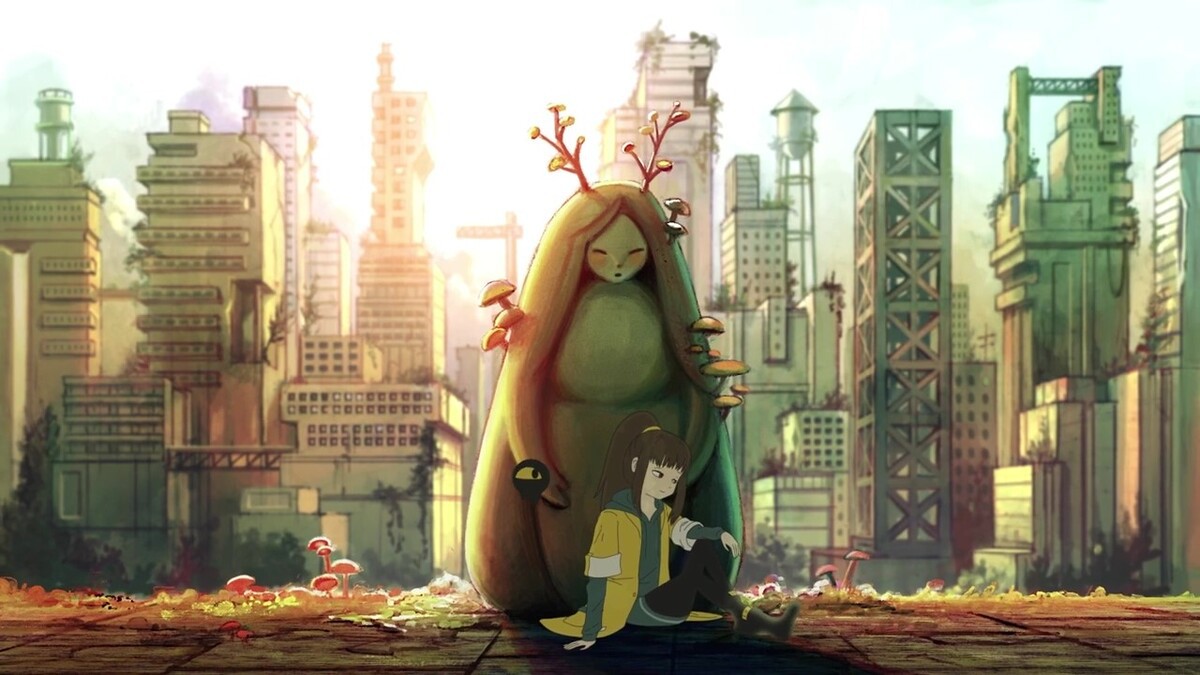
──Is it hard to read negative reviews? Or rather, how hard is it to see the negative reviews on the Steam Review comments section?
happysquared:
I personally get really uncomfortable reading them. Sometimes I have to skim through a review first and then read it properly after skimming through. By doing this, I know what to expect and don’t end up feeling too bad about it. I personally try not to read them too much. When I asked faxdoc how she felt about them, I found out that she reads only the negative reviews.
faxdoc:
I think that early on, I just wanted to know what people didn’t like about it. I figured that by finding out the things that players didn’t like I could make the game better.
Feedback regarding the control scheme
──I think the game is pretty amazing, but it took me a while to get used to the control scheme.
happysquared:
There was a lot of feedback on that from the demo. It wasn’t necessarily negative feedback, just feedback about the jump button and controller, for example. In other games, the jump button is normally on ‘A,’ so some people said, “We don’t like it on bumper, we’d rather have it on ‘A’.” That’s the kind of feedback where you can understand why they’re saying it, but don’t necessarily agree with it. There’s a reason why it’s on bumper – the ability to be able to move and look around and shoot at the same time, as well as jump at the same time is very important for the game to have.
faxdoc:
There were definitely a lot of issues in handling the controller just because of Rusted Moss being a keyboard and mouse game first and foremost.
happysquared:
The game initially didn’t have a controller mode, and I don’t think it would have had a controller mode if we had felt we weren’t able to make it so that it’s comfortable for some players. If everybody had said the controller was unplayable, we probably would have removed the compatibility for it.
I think what surprised us was that there were players that preferred to use a controller and played better with the controller over mouse and keyboard. Not everyone was like that, but there was still a significant number of players that were able to adapt to the control scheme, even though it’s more complicated compared to other platformer games.
We weren’t able to make everybody happy with it, but I think we were able to make a significant amount of players happy. So, at this point we have to just accept the negative feedback as it comes. It’s not going to be for everyone, but we’re happy that we were able to cater to some players.
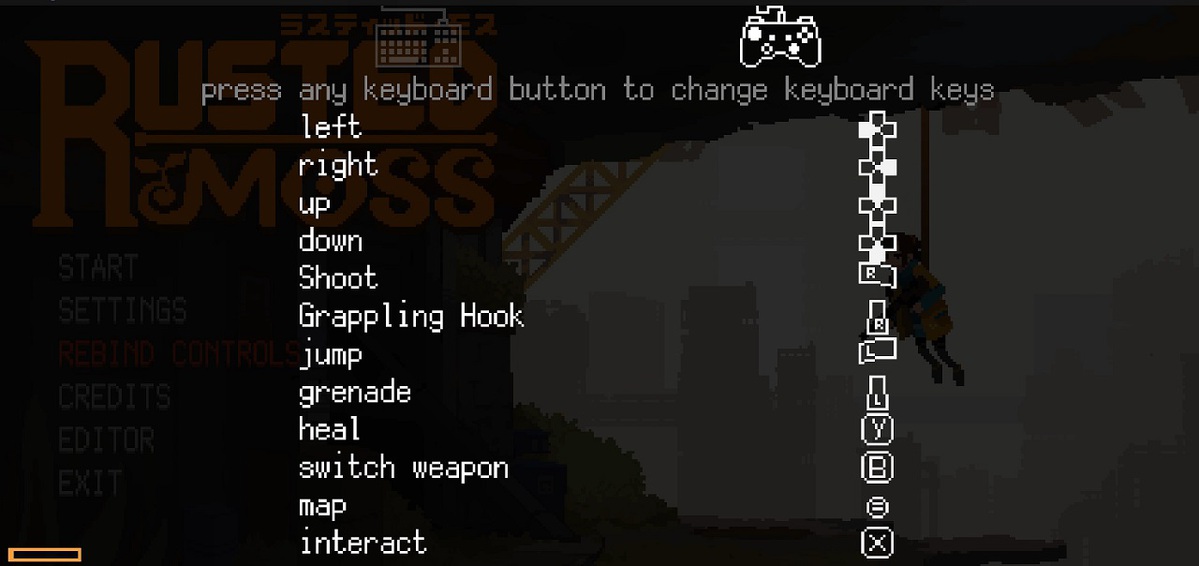
──How much time would you say you’ve spent reading negative reviews since the release?
faxdoc:
I’ve spent maybe like an hour or two by now reading them. Not on a daily basis, but all in all for the last few weeks.
happysquared:
I had to send faxdoc screenshots of the positive reviews in order to make her read some of them because she won’t read them otherwise.
sunnydaze:
I mostly read the recently posted ones, so it doesn’t take that much time.
──For the positive reviews, would you say you pay as much attention to them as you do to the negative reviews? Or would you say it’s skewed in one direction, either positive or negative?
happysquared:
I definitely read the positive ones more. They tend to be encouraging and I think it’s important to upkeep morale by reading them, especially considering how difficult it is to be a game dev.
I also think that they actually bring up better points than negative reviews. Positive reviews are from players who are engaging with the game more in the way that we intended, so they are more likely to contain constructive criticism.
In other words, this kind of criticism tends to align with our vision more. On the other hand, negative reviews can often be something like “Can you just change the entire game?” or, “We don’t want this kind of graphic look in the game,” which is valid on its own, but if we were to follow such feedback we would end up making a different kind of game. In my opinion, the positive reviews are definitely more constructive. They bring up things for which we ourselves would also think “OK, I feel like this would make the game better.” They tend to be aligned with our original goal.
faxdoc:
Positive reviews are good in that they can help us make changes. I think both positive and negative reviews are useful in this sense.
happysquared:
faxdoc told me once that she reads positive reviews on days when she’s feeling bad. She rations them out to make sure she has at least one positive review to read on a day she feels bad.
faxdoc:
Yes, that’s true.
──Is it fair to assume that up until Rusted Moss, you haven’t had many negative reviews, if any?
faxdoc:
Yes, for the previous game, TWWWR (pronounced ‘tower’), there have been very few negative reviews. But, at the same time, there also wasn’t a lot of positive feedback. Most of the previous games had reviews such as, “It’s OK for the price” or “You can buy it, It’s not the worst.” Nobody hated them, but not that many people said they loved them either.
happysquared:
TWWWR technically has 100% positive reviews, but it also doesn’t have as many reviews as Rusted Moss does. I think that even though Rusted Moss has more negative reviews, the positive reviews Rusted Moss has gotten are really glowing. The people who like the game really love it.
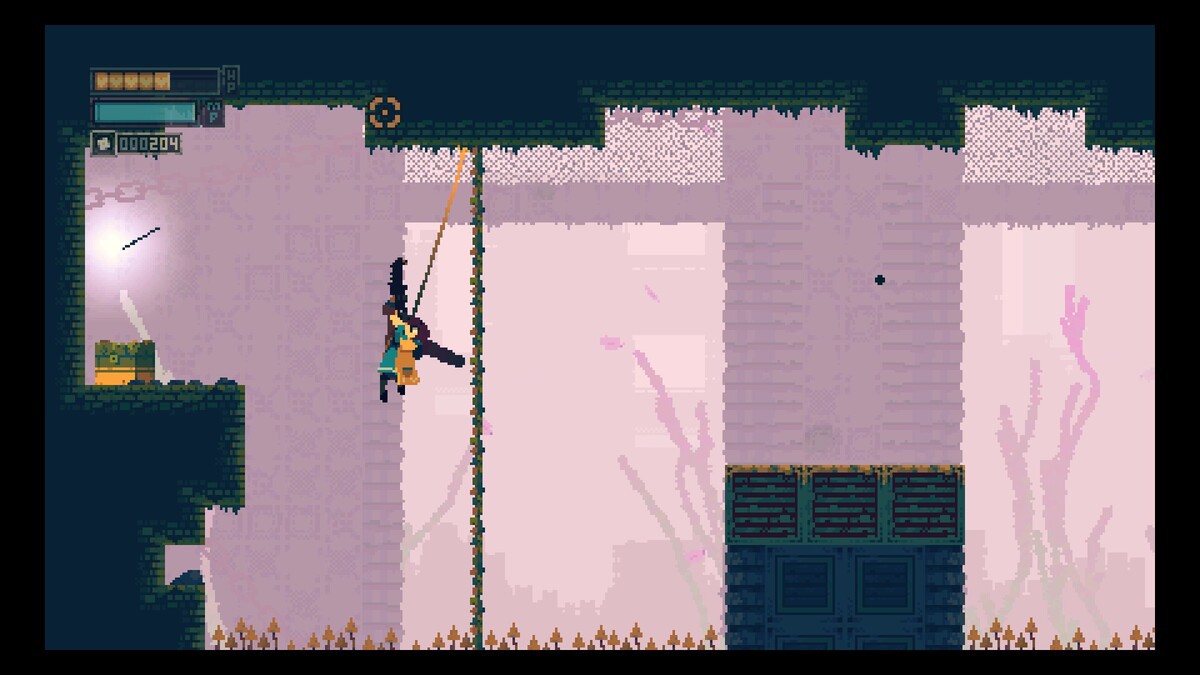
Negative reviews that left a strong impression
──Out of the negative reviews, is there one or a few that left a particularly strong impression on the three of you?
sunnydaze:
At one point, there was a certain negative review that kept appearing first on our Steam page. It was a very long one that a lot of people found helpful. Seeing this, I thought that maybe it’s actually good that it appears there, so people who wouldn’t like the game don’t buy it. Sometimes when I read negative reviews, I agree with some of their points just in the sense that the game is not for them, because they actually just want to play a different kind of game.
Although, one thing that annoys me is that sometimes people complain about the difficulty but then refuse to use accessibility settings, or they complain about the difficulty because they want to complete the game 100%. The game can be cleared without doing a lot of difficult things. The difficult challenges are there for players who want the challenge.
happysquared:
I think some people have the expectation that “if you get a game, you should be able to complete it 100%.” But, since we personally like difficult games, we thought, “OK, maybe it’s not for everyone, but why don’t we have these optional side paths so that only people who want to do them can do them.” There’s so many accessibility settings for people that don’t want to engage in the difficult parts of the game. It’s a shame that those people end up really trying to do those optional paths and then end up hating the game.
The reviews that have left a bigger impression on me are the ones that say “I was really excited about the game but I’m really disappointed with what came out,” or “This game has so much missed potential.” I think those reviews get to me more because It’s almost as if they’re saying that they’re the ones who get to decide on what kind of value the game ends up on. We don’t feel like the game is missed potential because this is the kind of game that we wanted to make.
When they say it’s missed potential, they don’t realize that what they’re referring to is just their subjective view of what they wanted the game to be for them. We had a very specific vision of the kind of game we wanted to make, and we ended up rather happy with the final product. I think even if we had known the reception we would have gotten, I don’t think we would really have changed much about it.
happysquared:
There’s one more thing I would like to add to that. There were some negative reviews that changed into positive reviews over time, and I found those pretty interesting.
One of them said they changed it to positive because they finally managed to beat the last challenge. This kind of made us think, “Oh my God, the only reason why it was negative was because they weren’t able to complete one challenge!”
There was also someone who reached out to us personally and told us that they really enjoyed our demo, but that they didn’t like the full game and that they were going to get a refund. A bit later, they reached out to us again, saying that they got the refund, but something about the game made them want to return to it and they actually bought it again, and after playing through the whole thing they ended up having a good time.
I think that our game is the kind of game that grows on you. It has its own pacing. When you first use the grappling hook, it’s quite a difficult mechanic to get right. So, sometimes the game might feel awkward, but there’s also the enjoyment that comes after a certain amount of time, with playing the game and getting used to it.
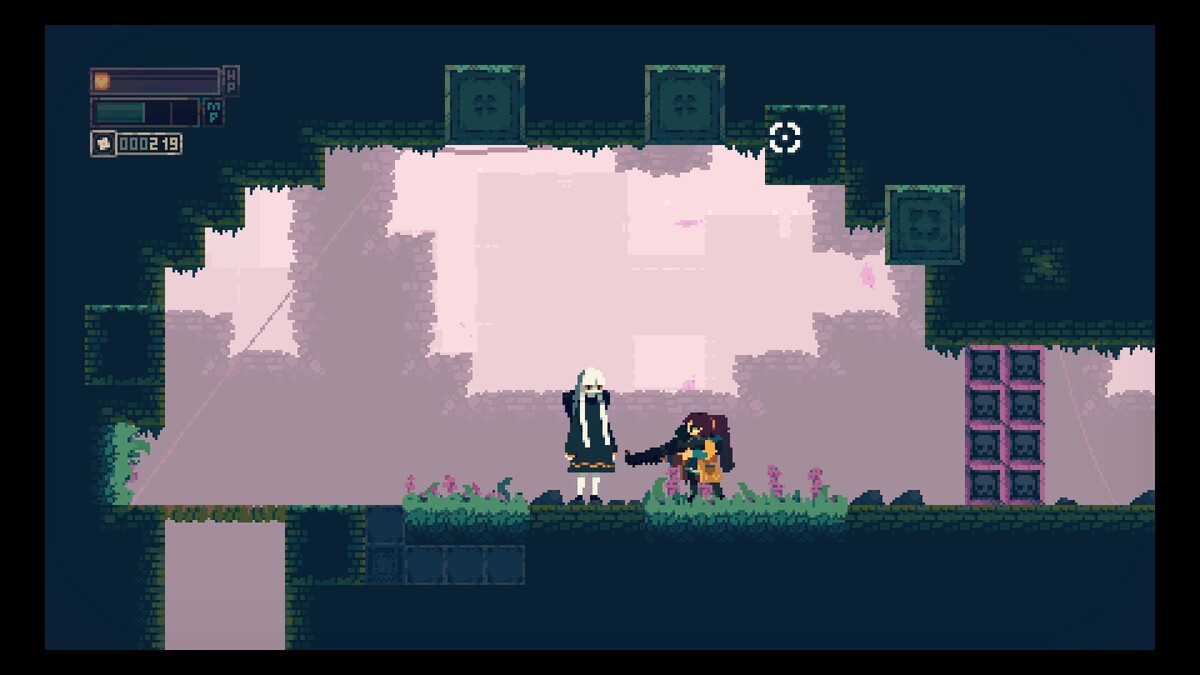
──For those of you who are less concerned about the negative reviews, what advice would you give to your team members who are perhaps more concerned with the negative reviews?
happysquared:
We’re all negative about them. But, like I said, I send screenshots to faxdoc of the positive ones to try and make her feel better. Although, one of our friends who joins us in the Discord call sometimes said, “When the three of you are in a call together, you just start making each other feel worse, you start being even more negative about things.” We tend to make a really big negative feedback loop.
sunnydaze:
I think that we were all more emotional about it when the game first released, but now we’ve come to realize that there’s different kinds of negative reviews. There are negative reviews left by people who don’t enjoy the kind of game that we set out to make, and that just means they’re not our target audience. But then, there are other negative reviews where, maybe they would have enjoyed the game but certain features turned them off. These are more concerning for us, because these players would have been our target audience. In my opinion, marketing to the people who would enjoy the game is very important.
On a side note, I think there’s room in the world to have a game that 98% of people won’t like, but 2% of people will really like. That’s not the case for our game, but I just want to say that those games are worth making too.
──From what we’ve heard so far, it seems like faxdoc might be the one who spends the most time reading negative reviews. So, this question is directed to faxdoc – was there something that happysquared and sunnydaze said to you that really made you feel more at ease?
faxdoc:
Showing me more positive reviews and getting me out of a negative mindset really helped. They told me to look at people enjoying the game, not just by reading the reviews but also by checking out the Discord server where people are actively talking about how much they enjoy the game.
──Do you have other game developer friends who struggle with negative reviews as well? We were wondering if you talk to each other about this topic or share your experiences with negative reviews with other game developer friends who have the same issue.
happysquared:
We definitely share about it a lot. Before Rusted Moss was released, one of my best friends who had already released a game advised me not to read the negative reviews. She told me to ask myself, “Are you making a game in order to try to appeal to the vast majority of players, or are you making a game to express yourself and your artistic vision?” The latter is what allows you to find out who resonates with what you are putting out there.
There are definitely negative reviews which can contain objective remarks such as, “The font is too small,” or “I can’t read this, the color is invisible.” But if the very foundations of your game, your belief and ideal of what you want the game to be are being criticized, then, my friend told me, there’s no point in listening to the feedback because you want to listen to the feedback of your fans.
I have another friend who’s a board game designer. He told me that the human brain is wired to have a negative bias towards things and this is just an evolutionary phenomenon because it’s more important for humans to remember what hurt them than what made them happy. In modern society, he said, you just have to realize that your brain was created to keep you alive, not to keep you happy. So, it doesn’t really make sense to dwell on negativity which cannot benefit you. In other words, there’s no need to be concerned with negative reviews if they don’t contain any feedback that can benefit your game.
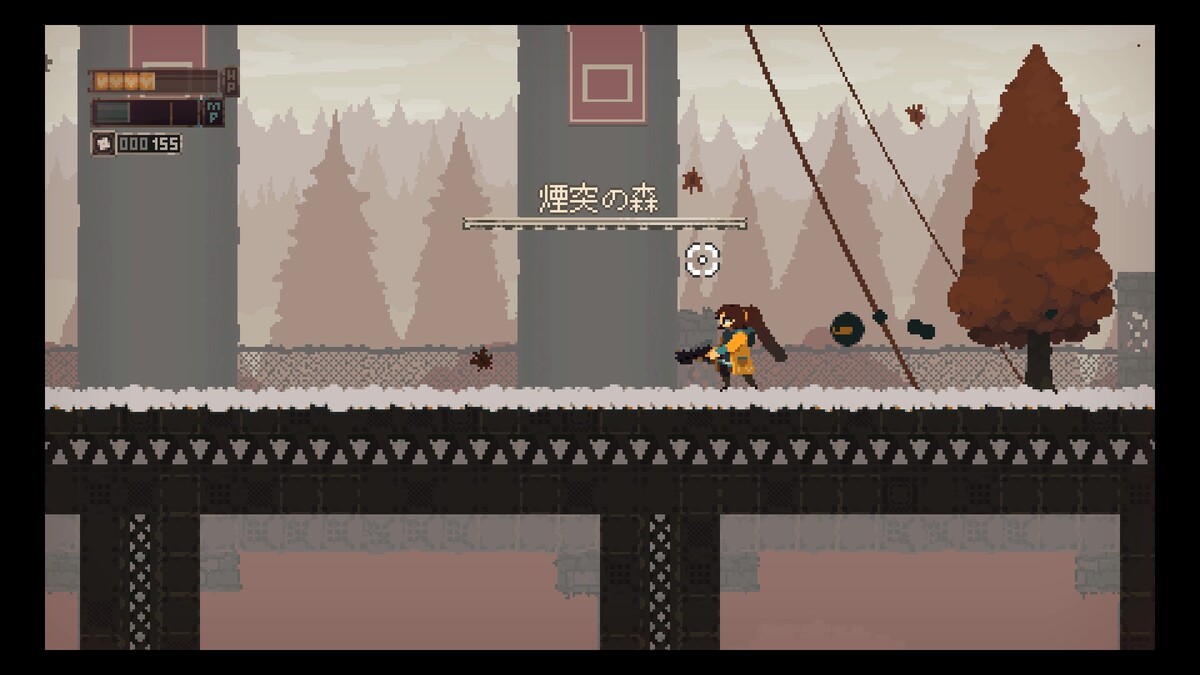
──It hasn’t been that long since the release, but have you discovered any ways to help you deal with negative reviews in a better way?
happysquared:
I have asked my friend to read them first, so that he can just tell me the helpful parts and leave out the mean parts.
faxdoc:
I try to have a predictive mentality about it. I try to analyze what changes can help the reviews of our game.
──Is there a specific mindset or something that you remind yourself of when you’re faced with negative reviews? Are there any tips you would share with the developers who are struggling with the same issue?
happysquared:
I think it’s good to remind yourself of why you’re making the game and of your beliefs regarding what the game should be. For example, if you were passionate about vegetarian food and decided to open a vegetarian restaurant, if someone complained about your restaurant not serving meat, you would know that that is the specific vision you wanted and that there is no need to act upon the feedback. On the other hand, there could be a negative review saying that your vegetables are overcooked – that would be a helpful negative review that can bring you closer to your vision.
sunnydaze:
I think that when the game first releases it’s easy to get caught up in the excitement of the release and the emotions of it all and end up reading all the reviews. In such moments it can be helpful to step back from everything and go outside. As time goes by you feel better.
faxdoc:
Logging off and going outside helps. When you go outside and have a walk in the park where there’s no Internet you can’t get distracted reading negative content.
sunnydaze:
To be honest, during the first week of release I was so busy at work that I honestly didn’t have time to look at the reviews. I guess that turned out to be a good thing.
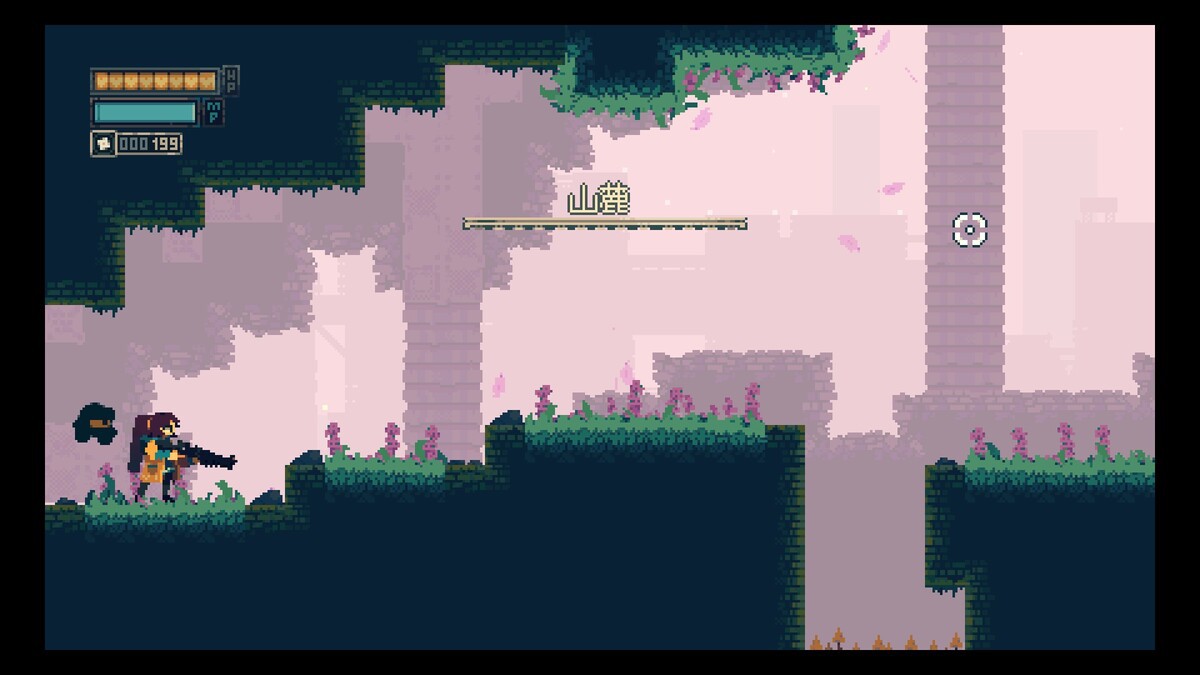
──If you were to work on the next title or sequel, would you take into account the content or remarks made in the negative reviews?
faxdoc:
One thing I would take into account is that if you give players a really hard challenge, they won’t necessarily turn around and come back later, even if you tell them they can do that. Even if they can come back later when they’re more powerful or turn on accessibility mode they won’t do it. As a result, they won’t enjoy themselves and will leave a negative review. You have to be very conscious of that no matter what.
I might try to implement different structures for games I work on in the future. For example, structures which make it clearer as to what’s supposed to be the main path and what’s supposed to be the bonus.
happysquared:
We once discussed about how, if we were to redesign Rusted Moss, we likely wouldn’t change anything based on negative reviews caused by players interacting with the game in a specific way that faxdoc just mentioned. People are not always going to be fans of your vision and that’s just something you have to come to terms with.
There are times when making the game that you want and are happy with means alienating some players. In the case of Rusted Moss, there are certain characteristics that make the negative reviewers hate it, but those same things make the positive reviewers love it, so it’s quite complicated. That said, each of us poured our souls into creating Rusted Moss, so please give it a try!
──Thank you for your time.
Editor’s note:
We found out from PLAYISM that even though Rusted Moss is doing really well in reviews, the developers seem to be concerned. We hoped that having this discussion with them about their problems could be helpful to other creators as well. We felt that all three team members were facing the negative reviews head on and were each exploring ways to deal with them in their own way. Indie games in particular are games made from the heart of the developer, so we hope that any creators struggling with negative feedback can find this interview helpful and use it as a chance to reflect on the meaning of creating a game.
Rusted Moss is now available for PC (Steam). The original soundtrack and art book are available as DLC. There is also a deluxe bundle available which includes all three items. If you are interested in the game, please pick up a copy.
Interviewer Yusuke Oizumi & Ayuo Kawase
JP version edited by Ayuo Kawase
Transcribed by. Amber V
EN version edited by. Amber V & Ryuki Ishii
*The original Japanese article can be found here

